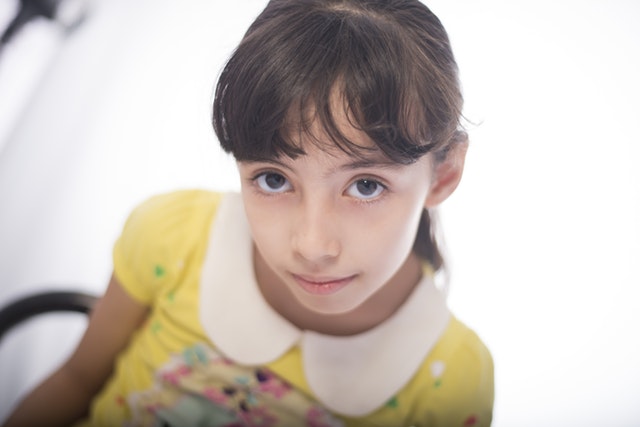
When I Think It Will Go Away, But It Doesn’t
March 21, 2018
When Does Anxiety Become a Problem?
April 4, 2018





Spring break is on the horizon; the school year will be over in a flash! You and your child are celebrating the gains made this year, the corner that was turned.
Maybe your son finally started to show all his work in math or realized that he had to take a few notes when reading the science assignment. Perhaps your suggestions seemed to meet with less resistance, or there was less blaming of other people.
When progress has been made in school, summer is not a time for “taking off.” Summer learning loss has been recognized as an issue since the beginning of the 20th century. For students who struggle in school, the loss can add up to being several months behind when school begins in August or September. It is best to have a plan in place to continue the good work in reading, math and writing.
If your student is able to get through her homework on her own, you may not have such a battle in the summer. But if you have fought all year to get the reading done, to use punctuation, edit writing, and memorize math facts, the independent study approach will not work for your child. (You know that!) Think about how you will structure summer so the child is prepared for the start of school. It is likely that you will need to put structure in place to keep her from losing ground.
Think about your outside resources. Can you hire a tutor? Is there a reading program at the library? Can a grandparent or other relative oversee math work or writing? Is there a program in your school district? Most of the time, the most efficient work will be accomplished with someone other than you!
The first few weeks of school are always spent reviewing concepts from the previous grade. Without a structured plan, however, your child could be even farther behind than his peers. Academic work this summer can make the start of next year less stressful for you and your child.

If you live in the Greater Cincinnati area, check our website for “Adventures in Summer Learning,” a summer academic experience from June 18 to July 13, 2018, for students in grades 1 through 8.
Blogger Mary Ann Mulcahey, PhD, shares her expertise in assessment and diagnosis of learning disabilities and ADHD, and the social/emotional adjustment to those issues. If you have questions, please contact Mary Ann at .